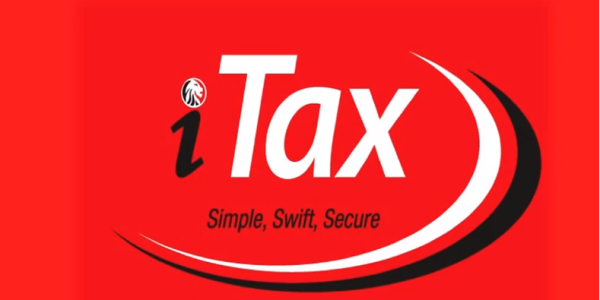advertisement
KRA to accelerate policy reforms as Kenya named technology-driven revenue administration
The Kenya Revenue Authority (KRA) is set to accelerate on-going policy reforms to facilitate tax administration as Kenya is recognized…

The Kenya Revenue Authority (KRA) is set to accelerate on-going policy reforms to facilitate tax administration as Kenya is recognized as a leading technology-driven revenue administrator.
According to the latest World Bank Group’s Doing Business 2018: Reforming to Create Jobs report, Kenya has been cited among countries that have made it easier to pay taxes.
Commissioner General John Njiraini said KRA has already established a rapid results working group to spearhead policy reforms. “At KRA, we are impressed at the strides Kenya has made in the Doing Business 2018 report and we have committed to accelerate reforms to help his advance further on the relevant parameters,” Mr. Njiraini assured.
advertisement
The report lists Kenya alongside Botswana; Brunei Darussalam; El Salvador; India; Indonesia; Lithuania; Maldives; Morocco; New Zealand; Philippines; Rwanda; Saudi Arabia; Uruguay; Uzbekistan; Vietnam and Zambia as one of the 16 leading global economies that have introduced or enhanced systems for filing and paying taxes online.
KRA has in recent years sustained a campaign to make paying taxes easier by implementing an online platform, iTax, for filing and paying corporate income tax and the standards levy. Last year, the iTax platform saw 5.73 million taxpayers registered on iTax compared to 4.2 million enrolled the previous year.
In addition to iTax, other key technology-driven revenue administration initiatives include: the Integrated Customs Management System (iCMS), Cargo Scanner Management Solution, Regional Electronic Cargo Tracking System (RECTS) as well as the Excisable Goods Management System (EGMS) among others.
advertisement
In this year’s report, Kenya was also cited for introducing or improving electronic submission and processing of documents for imports. KRA has been undertaking comprehensive modernization of its revenue administration structures and systems including the strategic focus on customer facilitation rather than the traditional enforcement model.
Through these reforms, KRA has joined the ranks of the modern revenue administrations which not only focus on revenue performance but also endeavor to attain operational efficiency, enhance compliance and improve service delivery.
“Due to improvements made to their respective electronic customs platforms, Cape Verde and Kenya both reduced import documentary compliance time by 24 hours. Brazil made trading across borders faster by enhancing its electronic system— integrating customs, tax and administrative agencies—reducing import documentary compliance time by 72 hours,” the Doing Business Report confirms.
advertisement
Tax policy is one of the most contentious areas of public policy. The use of electronic tax filing and payment systems has increased substantially since 2006, with the most notable progress in the economies of Europe and Central Asia. Sub-Saharan Africa remains the region with the smallest share of economies using electronic filing or payments.
However, in 2016 the use of online systems for filing and payment of taxes resulted in efficiency gains in several economies in the region, including Botswana, Kenya, Rwanda and Zambia. Angola, Mauritania, Senegal and Togo are improving their systems to enable taxpayers to shift from manual to online filing of tax returns in the near future.